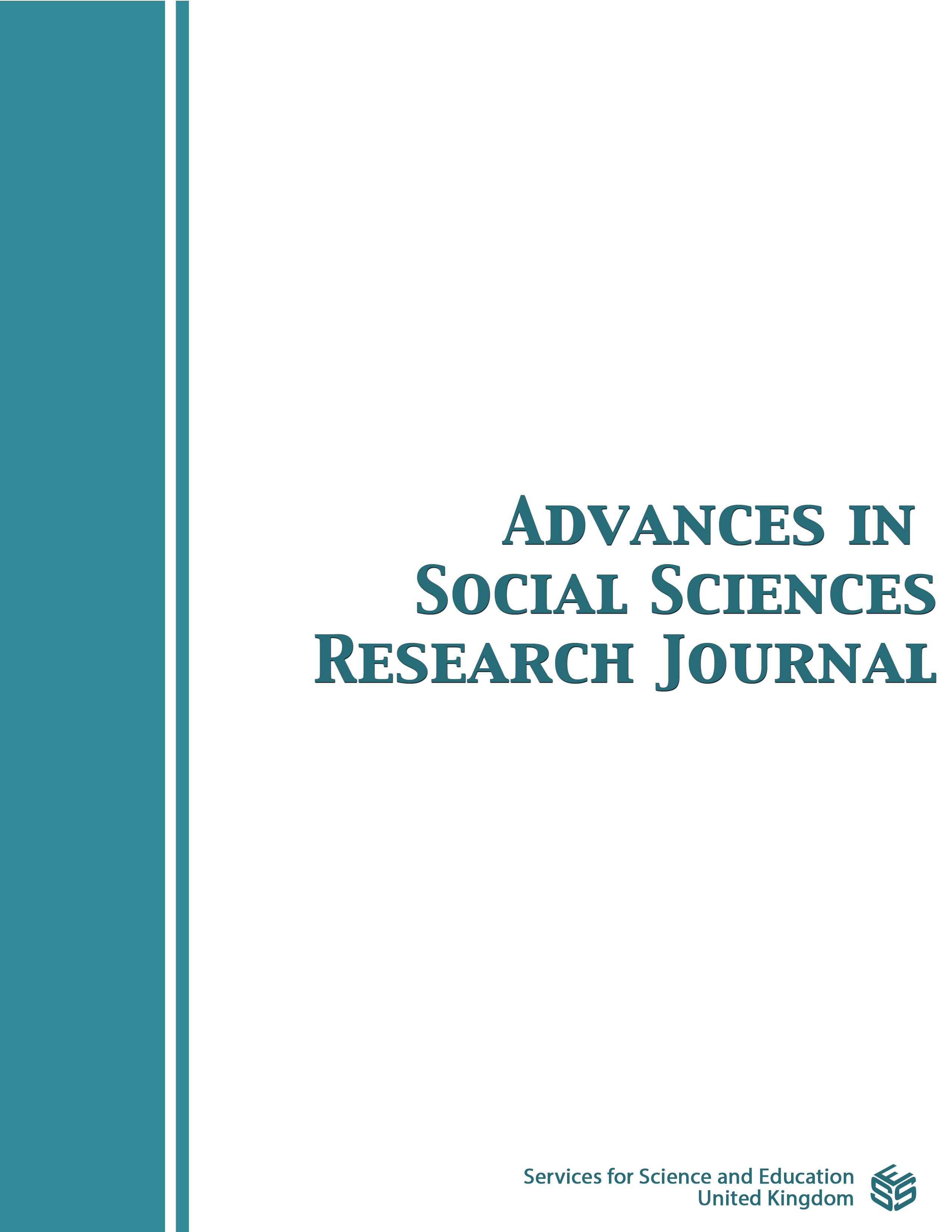Limited Liability Company: Resolving Demission State of Directors and Board of Commissioners Issue Through Company Law
DOI:
https://doi.org/10.14738/assrj.102.14024Keywords:
Limited Liability Company, Company Organs, Demission StateAbstract
The Directors and Board of Commissioners are the two main organs that carry out the management and supervisory functions of the company. Based on Law No. 40 of 2007 concerning Limited Liability Companies ("Law No. 40/2007"), the two organs of the company have a term of office for a certain period of time as stipulated in Article 94 paragraph (3) and Article 111 paragraph (3) of Law No. 40/2007. However, Law No. 40/2007 does not definitively determine the length of term of office that can be held by the Directors and Board of Commissioners. Therefore, in practice the term of office for the Board of Directors and Board of Commissioners varies according to the articles of association of each company. Obstacles that may occur in the practice of running a company are obstacles in reappointing or replacing Directors and Commissioners whose term of office has ended. This is due to the absence of preventive arrangements in terms of the reappointment or replacement of theDirectors and the Board of Commissioners whose term of office has ended due to a deadlock in holding the General Meeting of Shareholders ("GMS"). The Directors and Board of Commissioners will be in a state of demission and will no longer be able to act for and on behalf of the Company. This study aims to discuss and analyze the company's legal stance in dealing with the issues of the Board of Directors and Board of Commissioners who are in a state of demission.
Downloads
Published
How to Cite
Issue
Section
License
Copyright (c) 2023 Daniel Suhardiman, Nindyo Pramono

This work is licensed under a Creative Commons Attribution 4.0 International License.
Authors wishing to include figures, tables, or text passages that have already been published elsewhere are required to obtain permission from the copyright owner(s) for both the print and online format and to include evidence that such permission has been granted when submitting their papers. Any material received without such evidence will be assumed to originate from the authors.






